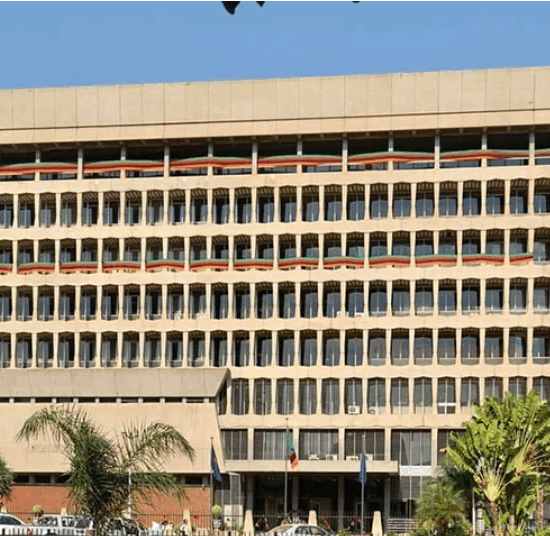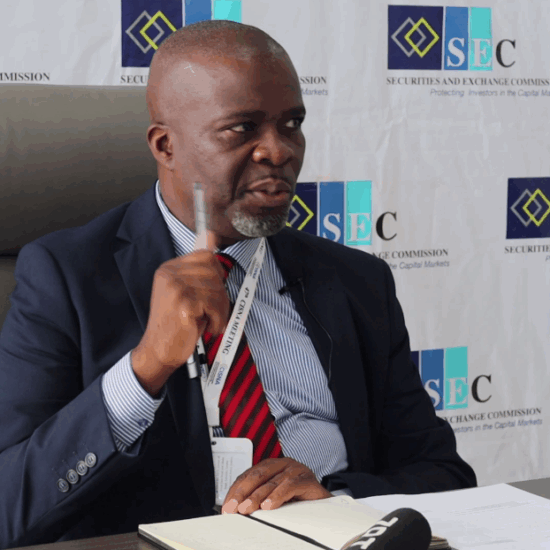
Editorial
Private sector lending and household credit growth is a good measure of how an economy is doing and how it’s citizens and privately held businesses see the future economic prospects. One can involved in all sorts of marketing and public relations stunts to influence economic sentiment but it all comes down to what the hard numbers are saying.
The Zambian economy runs under a multiparty system that at every one time will have a ruling party and the opposition. These two sides of the same coin are ideally meant to provide the necessary checks and balances in the ultimate aim of getting balanced policies and implementation timelines.
The economic policy implementors are the civil service that are expected to supersede any political regime that comes to power for its limited term, to provide the stability in known policy pitfalls, to help guide political office holders at any particular time on the known exciting political promises but end up as pitfalls and guide the politicians in terms of the long term interests and drive for the country.
Following the monetary policy committee meeting and subsequent presentation of the fourth quarter results, we saw that private sector lending shrinked, household lending also slowed down. This is a telling statistic that the economy needs urgent administering of medicine and some strong medicine for that matter.
The government itself which is considered risk free has its treasury bills and bonds yield rates in double digits, treasury bill rates which are deemed risk free had yields of 23.5% in the latest auction. This simple fact is that market rates for similar tenor of upto 12 months would require rates of above 23.5% for lenders to be compensated and earn an extra margin for additional risk, otherwise its better to invest the funds with the government T-Bills.
To add salt to injury, Standard and Poors, a global credit rating agency though maintaining the sovereign credit grade at B-, they downgraded the outlook from stable to negative, a clear indictment on the economic prospect by what the external investors would deem an independent assessment.
The impact of these downgrades is not only on the government and its agencies, but percolates into the entire economy. The sovereign rating acts as the starting point for individual companies and consumers credit rating as seen from the global credit market.
As if this is not enough, the government statistics bureau, central statistic office – CSO and BOZ produces current and capital accounts net balances which are at times in avoidable deficits. All these increase the risk profile of the country and need tight management by state and government authorities.
The basic tenet of sound economic management is the tight management of the key macro economic targets and results. These then render confidence to the rest of the sectors across the economy.
The monetary policy rate which is ideally supposed to be the key benchmark rate for both domestic and business Kwacha borrowing has now been applied only to the inter-bank overnight lending.
This rate is needed to reflect the cost of funds to the households and business community and the applicable margins are what should be subject to regulatory and market debate. Alas, there seems to be no clear actions that are shared to stem the cost.
Entrepreneurship need financing and cost of borrowing is key to enable businesses to thrive. Manufacturing and exporting of local produce needs lower cost of borrowing to remain competitive. Households quality of life, access to asset and mortgage financing all need affordable and competitive cost of borrowing.
Even the government itself could do with low cost of borrowing to finance the annual budget as well as long term infrastructure needs. The investment return on budget lines spending and infrastructure may not be high enough to support future repayment at higher cost of borrowing.
So there is a clear need, but the question is of weather we have the clear capability and motivation to drive the cost of borrowing down. The complications that we see in an economy is that whichever state of economy is obtaining, there are beneficiaries that would prefer to keep the status quo.
Zambia has the requisite professionals, economic managers and economists educated at the best institutions in the world, with experience working at some of the best managed institutions of the world at both the Bank of Zambia and Ministry of Finance that can be empowered to weigh in and administer the needed cocktail of medicine.
When our analysts speak to the two institutions responsible for monetary and fiscal policy, we sense a tendency of resorting to a blame game. The Bank of Zambia will say its the fiscal policy side that is failing the country and the spending agencies will counter accuse the central bank of failure to put in place astute and shrewd monetary interventions.
Our take is that this problem needs collective efforts even by ourselves as media to highlight and provide alternative solutions. All citizens who have Kwacha assets, resident Zambians and investors all need to highlight these distortions so that we can have some level of borrowing rates that can make doing business and lifestyle much more enabled.
Chart below MPR linked more to banks overnight lending rate than cost of borrowing for consumers and SMEs







